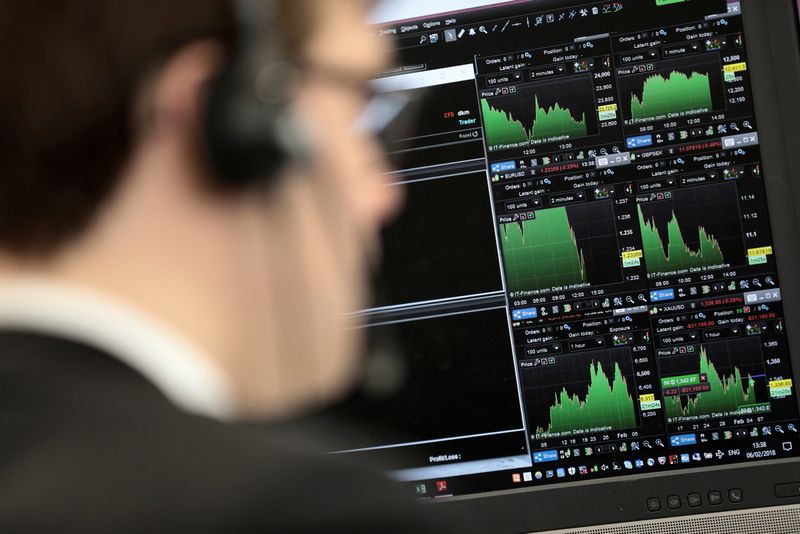Japan records surprise trade deficit in July as exports weaken further
Investing.com -- Galderma Group AG (SIX:GALD) shares dropped more than 5% on Thursday despite reporting solid results for the fourth quarter of 2024, as investors reacted to the company’s performance in its aesthetics division.
The Swiss dermatology company posted fourth-quarter sales of $1.15 billion, a 7% year-on-year increase, aligning with expectations.
Full-year revenue rose 9% in constant currency terms to $4.41 billion, with core EBITDA reaching $1.03 billion—2% ahead of consensus forecasts.
Galderma’s 2025 outlook was largely in line with market expectations, guiding for 10-12% sales growth and a 23% core EBITDA margin.
However, concerns around the performance of its Injectable Aesthetics segment weighed on investor sentiment.
The division saw a 5% miss relative to consensus, with neuromodulator sales rising 15% year-on-year at constant exchange rates while fillers and biostimulators declined by 4%.
The company attributed the weakness to market softness and unfavorable year-on-year comparisons but emphasized its continued market share gains in the U.S. and China.
These concerns were partially offset by a strong performance in Therapeutic Dermatology, which grew 15% in the quarter—beating expectations by 13%—as well as Dermatological Skincare, which rose 11%, surpassing forecasts by 2%.
Galderma also flagged the promising early performance of Nemluvio, its new treatment for prurigo nodularis, which achieved $23 million in sales, ahead of internal projections.
Analysts at RBC Capital Markets noted that while Galderma’s overall outlook remains stable, continued investment in Nemluvio and the ongoing transformation of its business could limit near-term margin expansion.
The brokerage reiterated its "outperform" rating on the stock with a price target of CHF 101 but characterized sentiment as "neutral" following the results.
Galderma reaffirmed its mid-term targets, expecting a compound annual growth rate in the low-to-mid teens for 2023-2027 and an EBITDA margin expansion of 300-500 basis points, with most of the improvement anticipated in 2026 and 2027.
